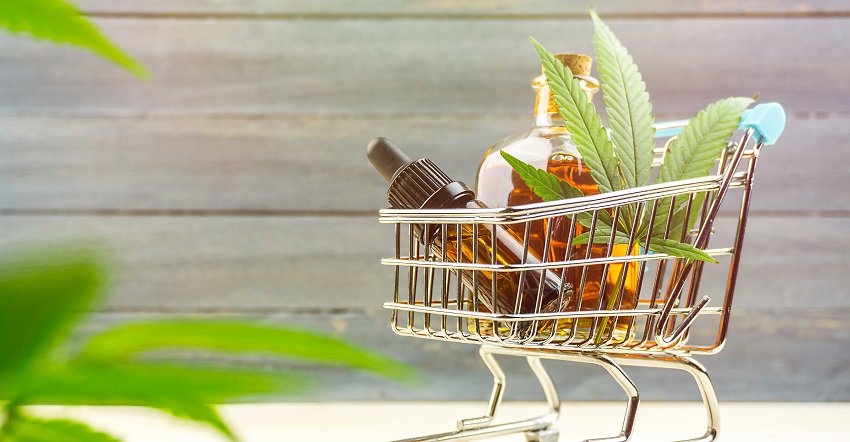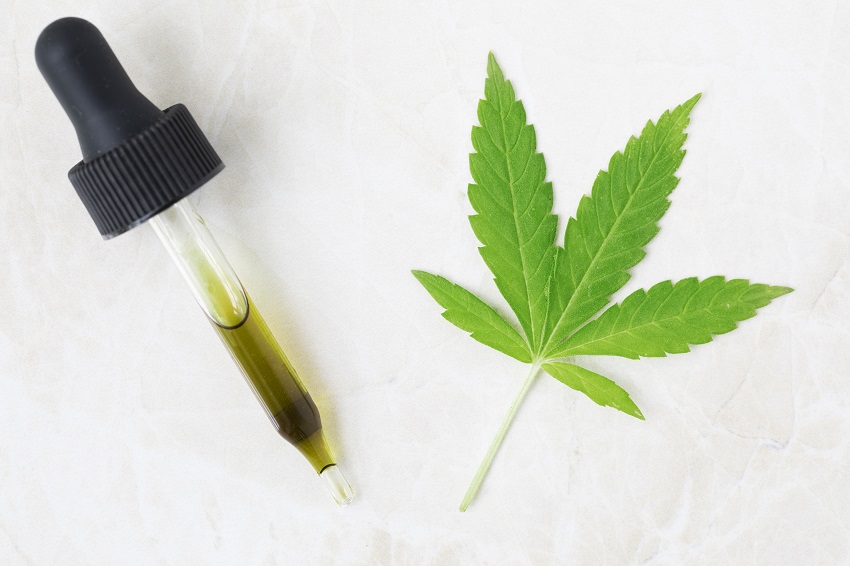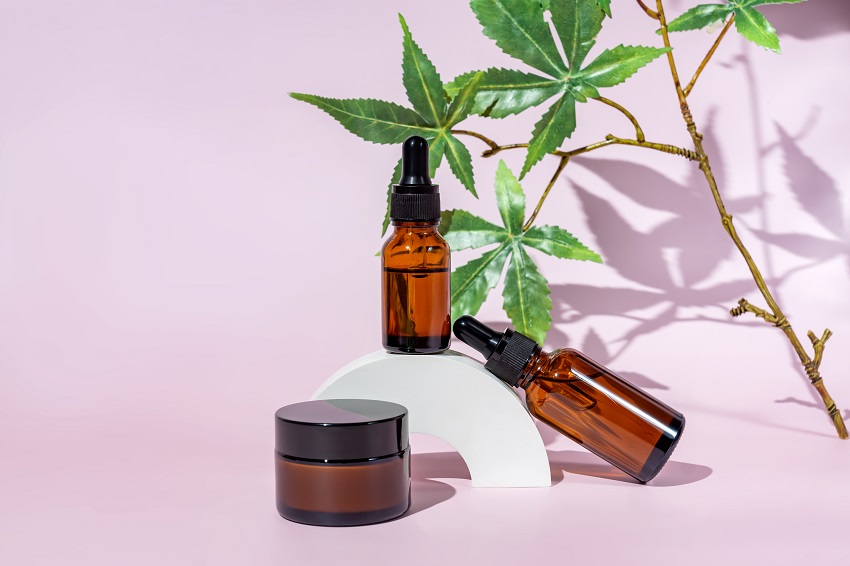Unraveling the Confusion: Understanding the Legal Status of CBD in the UK
CBD, or cannabidiol, is a compound found in the cannabis plant that has gained popularity in recent years due to its perceived health benefits. However, despite its widespread use, the legal status of CBD remains a source of confusion for many people. In this post, we will explore the current legal landscape of CBD and what you need to know before using or selling it.
First, it is important to understand that CBD is derived from both marijuana and hemp plants. Marijuana is a type of cannabis plant that contains high levels of THC, the psychoactive compound responsible for the “high” associated with its use. On the other hand, hemp is a type of cannabis plant that contains less than 0.3% THC and is typically used for industrial purposes such as making paper and clothing.
The legality of CBD depends on its source and the laws of the state or country where it is being used or sold. In the United States, the 2018 Farm Bill legalized the production and sale of hemp and hemp-derived products, including CBD, as long as the THC content is below 0.3%. This means that CBD products derived from hemp are legal at the federal level, but state laws may vary. Some states, such as Idaho and South Dakota, still ban the use of all forms of cannabis, including hemp-derived CBD.
It is important to note that the FDA has not yet approved the use of CBD for any medical purposes and has only approved one drug, Epidiolex, which is used to treat two rare forms of epilepsy. The FDA also regulates the labeling and advertising of CBD products, and requires that they contain accurate information about their ingredients and potential health effects.
When it comes to selling CBD products, the rules can be somewhat murky. While the 2018 Farm Bill legalized the production and sale of hemp-derived CBD, the FDA has yet to establish a comprehensive regulatory framework for these products. This means that the quality and safety of CBD products can vary greatly, and consumers should exercise caution when purchasing them.
One potential issue with the current legal status of CBD is that it is not always clear what constitutes a hemp-derived product. In some cases, products marketed as CBD may actually contain high levels of THC, which could lead to legal consequences for those who use them. Additionally, there have been reports of fake or contaminated products being sold as CBD, so it is important to purchase from reputable sources.
Another important aspect of the legal status of CBD is its use in food and drinks. The FDA has issued warning letters to companies that have added CBD to their products, stating that it is illegal to sell food or dietary supplements that contain CBD. However, the agency has yet to take enforcement action against any of these companies, and many continue to sell CBD-infused products.
Despite the confusion surrounding the legal status of CBD, there is growing interest in its potential benefits. Proponents claim that CBD can help with conditions such as anxiety, pain, and insomnia, and can even have anti-inflammatory and neuroprotective effects. However, more research is needed to fully understand the potential health benefits of CBD and its effects on the body.
The legal status of CBD remains a complex and evolving issue. While hemp-derived CBD is legal at the federal level, state laws and regulations vary, and the FDA has yet to establish a comprehensive regulatory framework for these products. Additionally, the quality and safety of CBD products can vary greatly, and consumers should exercise caution when purchasing them.
If you are considering using or selling CBD products, it is important to familiarize yourself with the laws and regulations in your area and to purchase from reputable sources.










